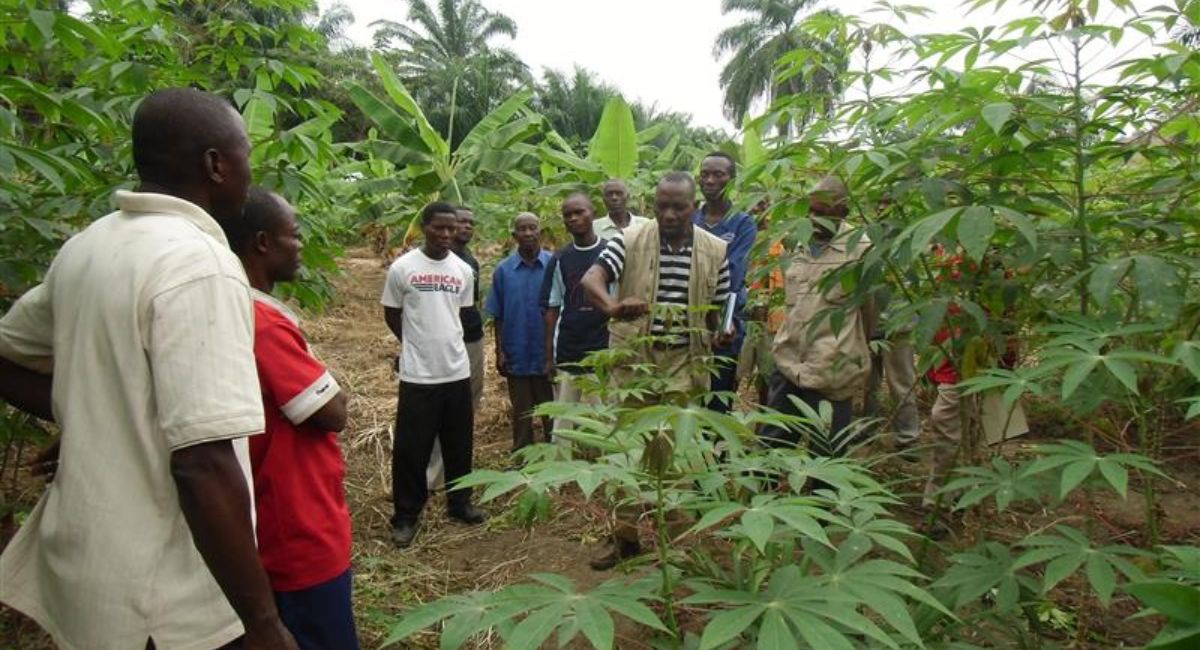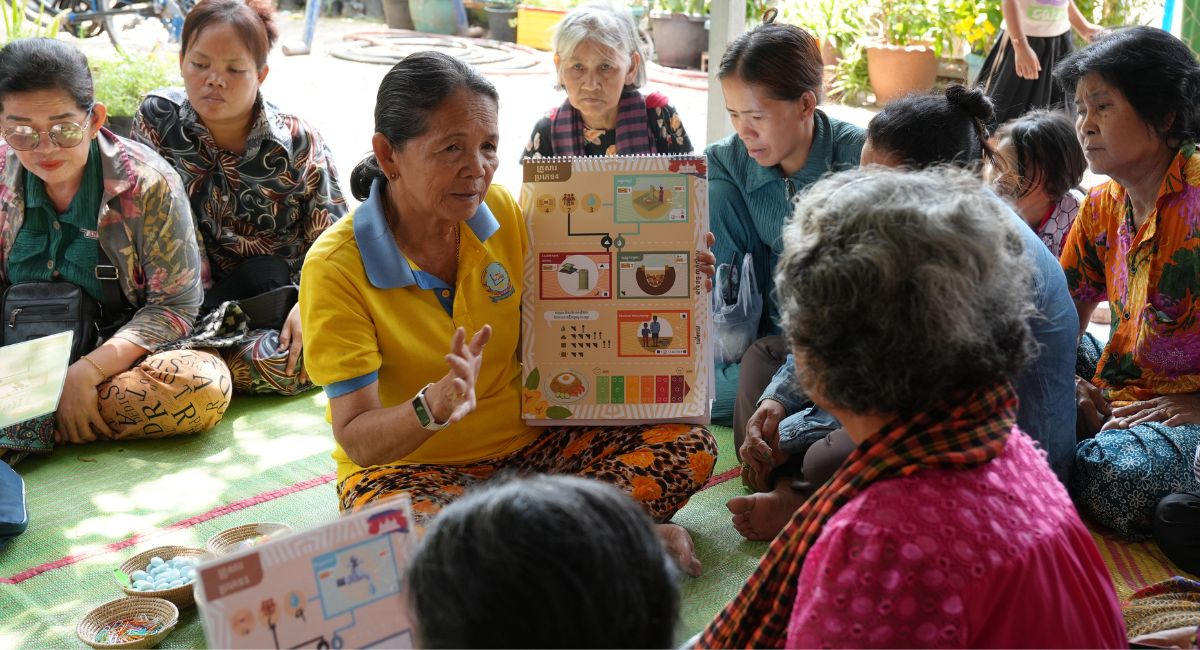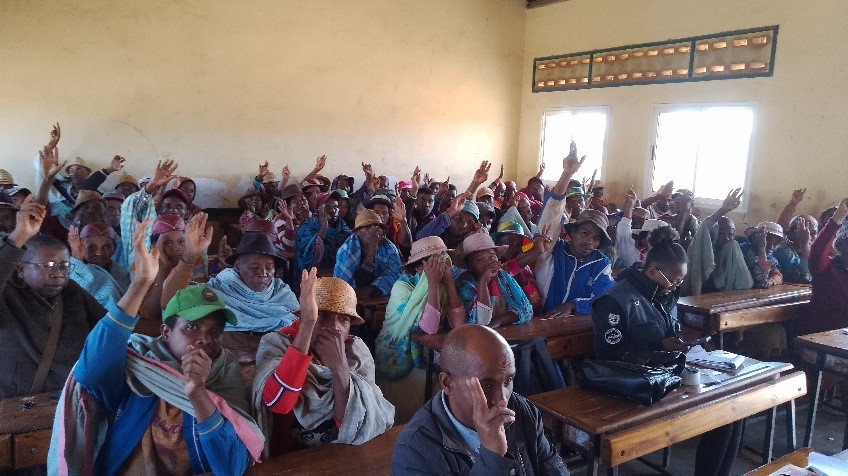Agronomist Jocelyne Delarue worked for Agence française de développement before becoming director of Gevalor in 2011. On the occasion marking the decision by GRET and this association – specialising in re-use of waste – to work more closely together, she talks about Gevalor’s most significant achievements and the continuation and integration of its projects within GRET.
What are the main achievements made by Gevalor since its creation?
Since 2004, Gevalor has been supporting circular economy projects in large cities in Africa: Antananarivo, Antsirabé and Mahajanga in Madagascar, Lomé in Togo, Dschang in Cameroon, Bouaké in Ivory Coast, Parakou and Abomey Calavi in Benin, and Kaolack in Senegal … Through this work, Gevalor demonstrated the advantages of re-using waste in terms of reducing the cost of collection and landfills, and in terms of creating employment (more than 150 jobs created in total) and fighting against climate change.
These actions were implemented with local partners – SMEs or civil society organisations – that developed to become key stakeholders in their countries. We can also cite the example of Madacompost (in french), a social and solidarity business producing compost, green biofuels and plaques made from recycled plastic, and which is currently diversifying with management of a water treatment plant and the development of waste collection services. Another example can be highlighted in Togo: Enpro (in french), a waste pre-collection and recycling operator in Lomé, which is now also managing a waste depot for the commune.
As a result, Gevalor facilitated sharing of experiences and knowledge by creating the “Plateforme Re-Sources” international network with ten other partners. This network produced reference documents on waste management in developing countries, which are accessible to all. It also proposes training that is particularly suited to technical employees in secondary cities.
What importance is today attached to waste management in the development assistance agenda?
Waste management is a major challenge in large cities in developing countries, where municipalities have to deal with growing quantities of waste using limited financial resources. The World Bank and the United Nations Programme for the Environment (UNPE) are both referring to a future catastrophe. Today the situation is alarming, with an increase worldwide of over 70 % in municipal waste in the last fifteen years (according to What a Waste). This situation is a cause for concern and requires urgent intervention, in particular in cities in developing countries.
The negative effects of the situation are multiple: an increase in greenhouse gas emissions (12 % of worldwide emissions of methane), emissions of organic pollutants and particles, soil and water table contamination, incidence and transmission of respiratory and digestive illnesses…
However, at the same time, it is also a considerable sector of employment for developing countries (15 million workers in the informal recycling sector). Waste can be a significant potential source of energy and materials. To date, this characteristic remains insufficiently exploited, and practices are still mainly limited to the most immediately profitable materials.
At the start of April, Gevalor transferred its projects in progress to GRET, and its engineers joined the NGO. What is the new team created by this rapprochement proposing in terms of waste management?
Gevalor and GRET chose to pool their skills and projects in the area of waste management and re-use by bringing their teams together. Thanks to complementarities in terms of location of interventions and know-how (a service based approach for GRET and an approach based on re-use and entrepreneurship for Gevalor), a common portfolio of approximately twelve projects will now be operated under GRET’s responsibility. This rapprochement will make it possible to provide local authorities in developing countries and partner civil society organisations with stronger expertise in this subject area, the importance of which is increasingly recognised.






